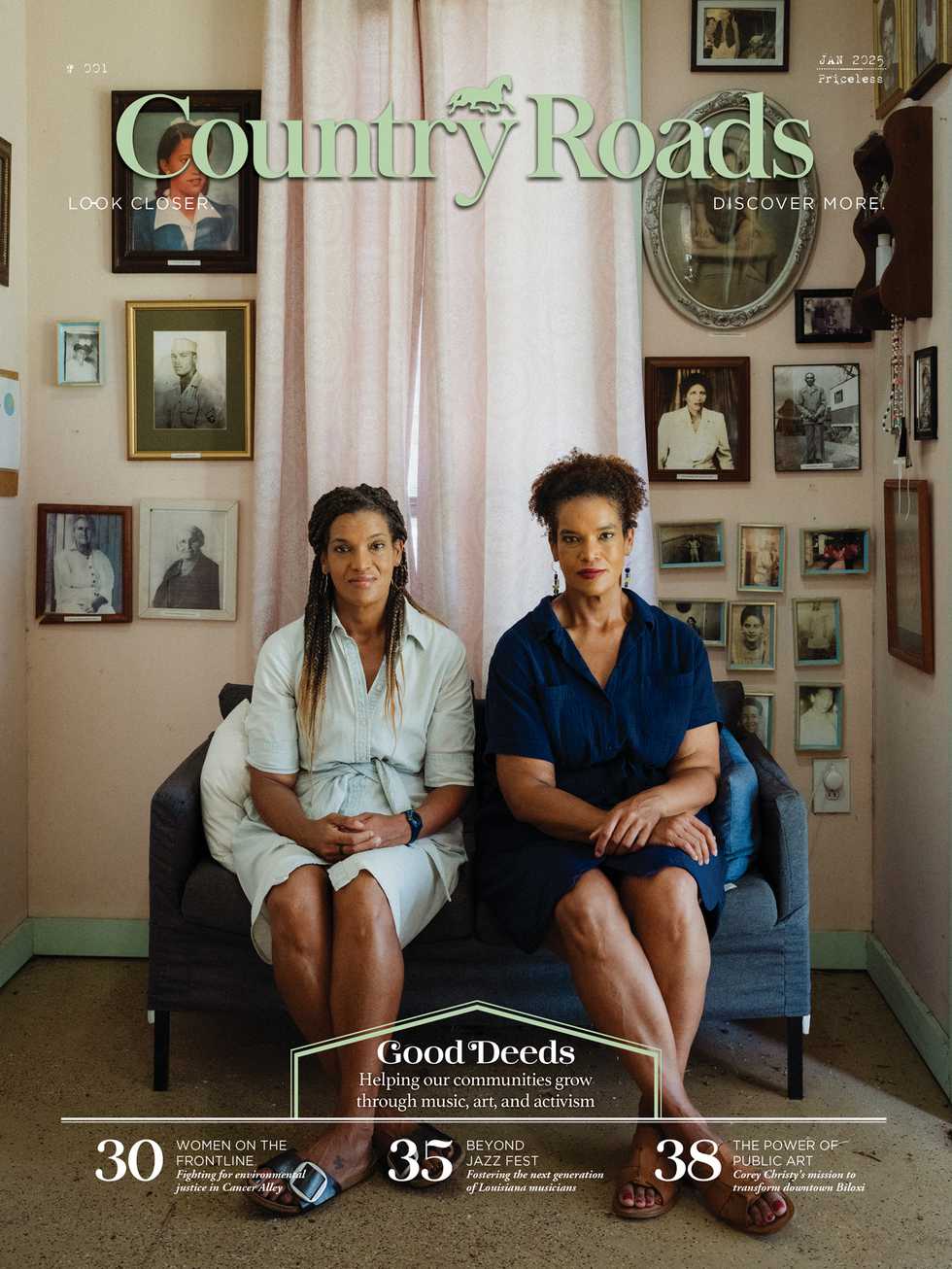Photo by Denny Culbert
Three centuries ago, in the London neighborhood of Cheapside, popular pastry chef Edward Kidder saw fit to share his secrets. He wasn’t the first commercial cooking instructor, but Kidder emerged as a local favorite in the early 1700s, as eager enrollees sought to refine their homemaking. His multiple schools covered the better part of central London; by the time of his death in 1739, Kidder had taught “near 6000 Ladies the Art of Pastry,” as his London Magazine obituary observed.
Nowadays, with outsized Food Network personalities, the always-trending “#foodporn,” and anyone with a keyboard and a domain name claiming culinary authority to hungry Googlers, the traditional chef has competition. And the overcrowded field is just one hurdle that might scare a student from attending the Louisiana Culinary Institute.
“Wanting to cook will only get you so far,” said Charlie Ruffolo, director of public affairs at LCI. “We focus on the quality of the students. Do they want to be there? Are they willing to make the investment? Do they want to have an impact on the community?” With these factors in mind, Ruffolo and a committee carefully review student applications for candidates, a care dictated by the small class sizes (thirty spaces in the main culinary arts program; sixteen for baking/pastry) designed to attract only the most serious epicures.
Fresh out of high school in summer 2008, Chef Brant Palazzo (’10) was a week away from moving into his dormitory at the Chef John Folse Culinary Institute (housed at Nicholls State University) when he opted for LCI instead. The schools’ different class structures played a lead role in his sudden decision. “[At Nicholls], they spend a lot of time in a classroom and not in a kitchen,” said Palazzo. By contrast, he found the courses at LCI to be “small and extremely hands-on.”
Palazzo enrolled in fall 2008, joining the first class able to opt between Advanced Culinary Arts or Advanced Baking and Pastry concentrations. “I liked the way I stayed with the same people for the entire program,” said Palazzo, whose classmates included chefs Cody and Samantha Carroll of Hot Tails and the newly opened Sac-A-Lait. His class only bisected in the final leg of the two-year program as students gravitated toward sweet or savory. (Palazzo went the sweet route.)
Weekly staff meetings help the school to maintain an avid, progressing set of students, “making sure they don’t fail out,” said Ruffolo. Some students balk at the rigid expectations, especially when it comes to math. “They’ll complain, ‘All we do is cost out recipes!’” said Ruffolo. “Yeah, that’s what you’ll be doing when you get out. Conversions, yield percentages … You’ll be costing out everything.”
Instruction focuses also on restaurant interaction and human resources, including “employee management, firing, and hiring,” said Ruffolo, as well as “cost control, inventory, building a business plan, maintaining that plan, exit strategies, how to get a loan …”
But the culinary school pedigree no longer seems necessary for an aspiring chef, not in an economy where working and building real-world experience often trumps pricy additional schooling. The twenty-four-year-old Palazzo, now corporate chef at Louis DeAngelo’s, sees merit on both sides of the argument. “In order to get a full grasp to what you’re getting into,” said Palazzo, “it’s important to have a real kitchen job too. But I think that LCI gives you time to practice; you can make mistakes in a controlled setting, not at your job.”
LCI took humble root in Baton Rouge twelve years ago inside the eight thousand square feet of a converted TGI Friday’s. Today the institute stands out on Airline Highway at forty thousand square feet of classrooms, baking and pastry wings, and project kitchens, with an additional seven or eight thousand available for future expansion.
The school established its nonprofit LCI Foundation in 2012, enabling scholarships and grants for prospective students as well as charitable donations of time, talent, and food for the community at large. “We cook for homeless shelters,” said Ruffolo. “We work with churches and hospitals. It’s important that we help out and give back.”
Five years out of school—having worked at a plantation, a small café, and a downtown bistro before taking the corporate chef position at DeAngelo’s—Palazzo thinks he made the right choice in attending LCI, whose active alumni network keeps Palazzo connected with his former classmates and instructors.
“More than anything, it brings guidance and mentors,” he said. “Like Chef Chris [Christina Nicosia, lead pastry instructor at LCI]. Just to watch her work was crazy. She’s the best. She iced a cake in not even a minute. Completely smooth … everything was perfect. I could still call her up today.”
Details. Details. Details.
Louisiana Culinary Institute
10550 Airline Highway
Baton Rouge, La.

